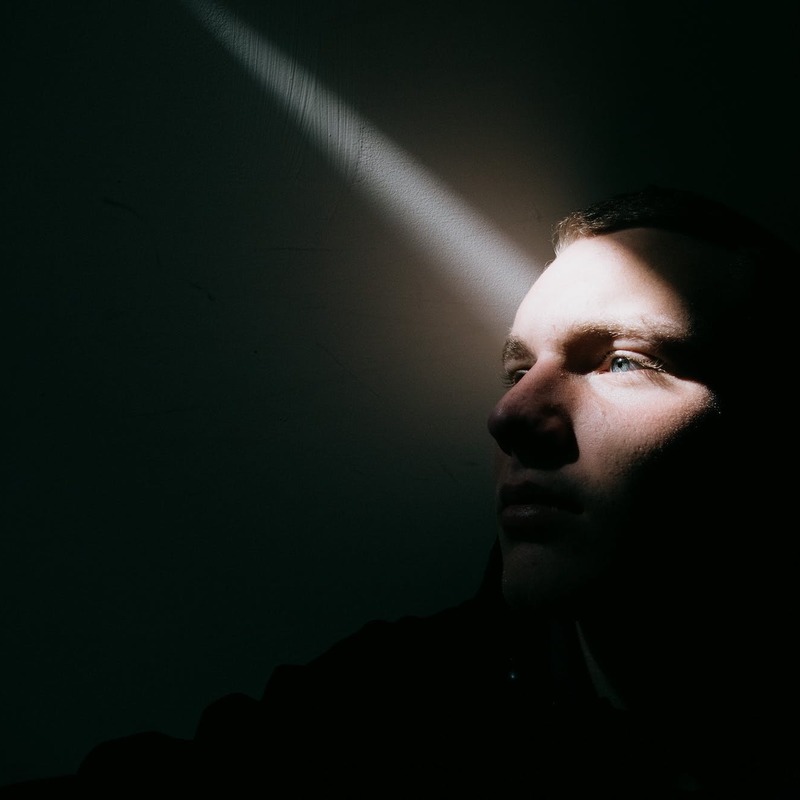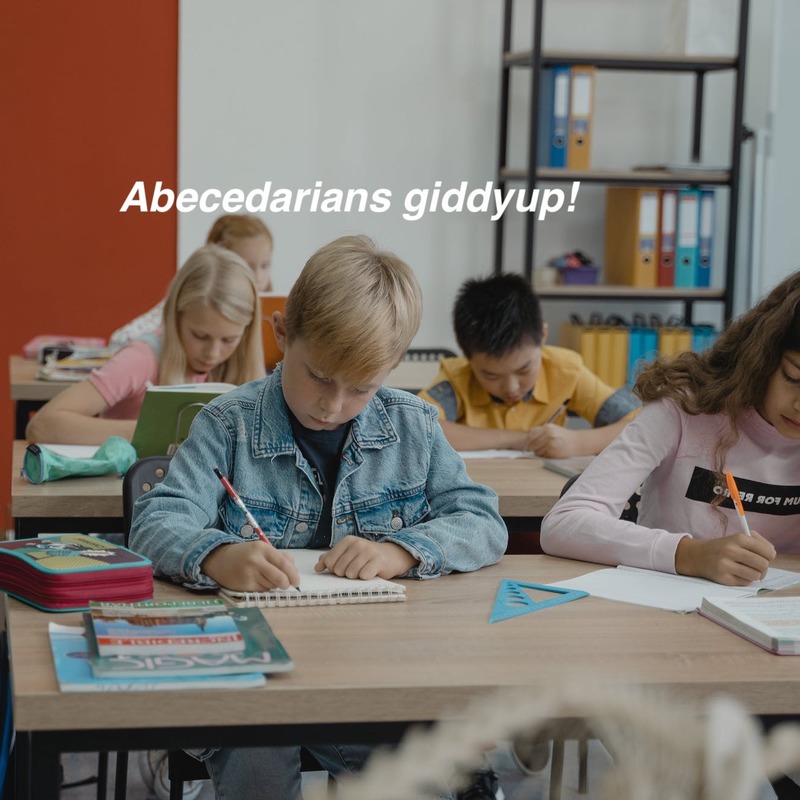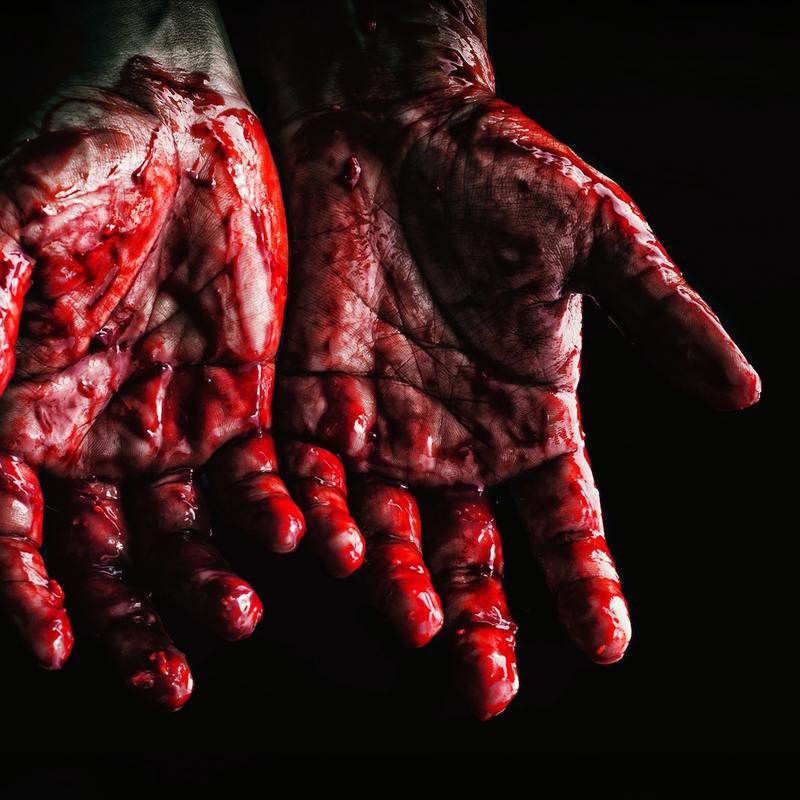Search
JOSHA’s Critical Review of "Death and the Meaning of Life in Logotherapy and in “The Death of Ivan Ilych”: Psychological Analysis of a Literary Work”
DOI: 10.17160/josha.10.6.954
This study explores the connection between psychology and literature by investigating how the themes of "death" and the "meaning of life" intertwine. It draws from Viktor Frankl's Logotherapy and Existential Analysis, examining their application in literature with insights from psychologists. Focusing on Leo Tolstoy's "The Death of Ivan Ilyich," the research applies Frankl's perspective, suggesting that facing death can catalyze a deeper comprehension of life's meaning and accelerate the realization of different value categories: creative, experiential, and attitudinal. The study specifically looks into the protagonist's adoption of attitudinal values in response to the unavoidable suffering he confronts.
JOSHA’s Critical Review of "Implications of the Social Dichotomy between Thinking and Acting on Teenage Pregnancy Rates” by Rosiana Silva da Silva, Rosângela Araújo Darwich
DOI: 10.17160/josha.11.1.953
The research by Rosiana Silva da Silva and Rosângela Araújo Darwich is focused on the impact of conflicting societal values on young women who experienced teenage pregnancy in Brazil. Conducted amid the second year of the COVID-19 pandemic, it involved 15 participants spanning various age groups. Through online interviews and content analysis, the study revealed a consistent pattern of misinformation across different generations, underscoring the urgent need for new policies and platforms for open discussions to address adolescent vulnerability and enhance their overall experience during this critical phase of life.
JOSHA’s Critical Review of "Exploring Letters in The Kid: Stimulating the Formation of Reading and Writing Skills” by Ana Clara Solon Rufino, Rosângela Araújo Darwich
DOI: 10.17160/josha.10.6.950
This field study aims to promote the formation of readers and writers through the epistolary textual genre, even in times of predominant technology. The guidelines are based on the theories of Soares (2009) and Bakhtin (2003), the writing hypotheses of Ferreiro and Teberosky (1999), and the importance of writing and reading in life, according to Morais (2003). Adopting the methodology of field study and qualitative approach, we examined how students of the 6th grade of a public school in Pará and in the age group of 11 to 13 years approached these areas of learning, using episodes of Turma do Chaves (The Kid) related to letters. We highlighted the need for an interdisciplinary approach, with trained teachers, to promote reading and writing in all subjects.
Timothy McVeigh: Portrait of a Political Mass Murderer
DOI: 10.17160/josha.10.6.944
The 1995 bombing of the Alfred P. Murrah Federal Building in Oklahoma City demolished one-third of the building, killing 168 people, including 19 children, and injured 684 others – the worst act of domestic terrorism in American history. The bomb was placed by Timothy McVeigh who intended it to provoke a right-wing rising as a declaration of war against the Federal government. McVeigh, who made little effort to avoid detection, was found guilty and duly executed after a relatively short time of six years. McVeigh, coming from an unsettled but not traumatising upbringing, developed an early obsession with guns which progressed to the extreme right-wing survivalist movement. He had a good military career and was decorated in the first Gulf War but became disillusioned after failing to get into Special Forces.
Editorial Volume 10, Issue 5
DOI: 10.17160/josha.10.5.943
With this editorial, the Josha-Journal team and the International Academy of Sciences, Humanities and Arts (IASHA) would like to congratulate this year's winners of the Demetrios Prizes! We awarded these prizes to three outstanding Master's theses: "Modeling Spatial Scale and Heterogeneity in Rotterdam Housing Market Using Multiscale Geographically Weighted Regression" by Naftali Feddes, Erasmus School of Economics, Rotterdam, The Netherlands, "Transgenerational Intrafamily Violence: Case Study in a Specialized Center for Social Assistance in the Administrative District of Belém-PA" by Lia L. Botega, University of Amazon, Belém, Brazil and. "Inscribing Expositions: Curatorial Strategies in Packing Practice into the Journal for Artistic Research" by Chiara Giardi, Zurich University of the Arts, Zurich, Switzerland. Thank you to all the submissions and congratulations to this year's winners!
More Troubled Democracies, More Determined Freedom Fighters: A Concerted Global Effort Toward Exposing Autocratic Regimes
DOI: 10.17160/josha.10.5.940
There is currently a great deal of relative inequality and a lack of liberties for individuals residing in troubled democracies and authoritarian regimes. The entire democratic governance ecosystem is under pressure, including crucial components like civil society, independent media, and the rule of law. Given this dire situation, people in these countries often face oppressive and sometimes life-threatening circumstances. The deliberate use of antidemocratic tactics by a wide range of internal and external contexts and actors tends to be eroding democratic institutions in many countries and thereby enhancing the triumphalism of authoritarian regimes. However, there appears to be a correlative relationship between the increase in troubled democracies or authoritarian regimes across the globe and the growing number of determined freedom fighters, who strive to protect democracy and ensure that citizens’ right to freedom is respected.
Editorial Volume 10, Issue 4
DOI: 10.17160/josha.10.5.936
This editorial introduces the core principles of Josha-Journal, emphasizing freedom and accessibility in scholarly contributions across all disciplines. We provide a platform for knowledge exchange and idea-sharing, valuing readership as the ultimate critic. Our current focus is on neuroscience and cell research, featuring contributions by Pernille Bülow on attachment formation and grief biology, and Maria Arzate's analysis of extracellular vesicles from CAR-T cells. Explore our critical reviews and discover the diverse range of topics Josha covers, including environment and architecture. Join us in spreading the word about our mission to promote academic freedom and accessibility.
Taste, Terroir, and Beyond: Decoding the Complexities of Water, Sustainability, and Culinary Harmony.
DOI: 10.17160/josha.10.5.935
In an era defined by conscious consumption, the significance of fresh water remains underestimated. Curiously, water, the world's most utilized resource, grapples with contentious debates, especially when encased within a bottle. This paradox spotlights the need for a more informed dialogue, acknowledging both the indispensability of fresh water and the charged debates that encapsulate its consumption. Water tastings serve as a testament to water's multifarious role beyond mere sustenance. However, in the age of social media, water sommeliers are transcending their traditional roles, advocating for a paradigm that defies sweeping generalizations and oversimplifications. Amidst this discourse, the dichotomy between RO-purified bottled water and natural mineral water takes centre stage. Beyond being a mere commodity, natural mineral water emerges as a revelation.
Identifying Drivers and Enablers of the Sovereign Shift toward a Plant-Based Food Culture: The Case of Freiburg im Breisgau
This Master’s Thesis Project uses a multidisciplinary approach to identify the drivers of a sovereign transformation in the food culture of Freiburg im Breisgau, Germany from traditional to more plant-based consumption. The research is positioned against the key concept of social resiliency as an important indicator of sustainability, requiring improved resilience of food systems as food cultures are disturbed in the face of climate-induced import flow precarity and ecological instability. The project focuses on the adoption of a plant-based food culture as a means for improving social and ecological resilience, considering cultural acceptability as an important indicator of a sovereignly sustainable diet as well as the ecological benefits of plant-based diets compared to diets rich in animal products.
Review: "The Silent Shore: The Lynching of Matthew Williams and the Politics of Racism in the Free State" by Charles L. Chavis Jr, Johns Hopkins University Press, 2022, pp. 304.
DOI: 10.17160/josha.10.5.932
In the realm of American and African American historical literature, rare pieces have unravelled the complex fabric of racial brutality with the equivalent seriousness and scholarly precision as Charles L. Chavis Jr.'s masterwork, "The Silent Shore." Chavis's opus, delving meticulously into the lynching of Matthew Williams in Salisbury, Maryland, in 1931, is far beyond a mere retelling of a singular, distressing incident. Instead, it emerges as a deep contemplation on the wider socio-political forces that have influenced, and still influence, the racial terrain of America.






.jpg?1693548907)

.jpg?1693233771)
